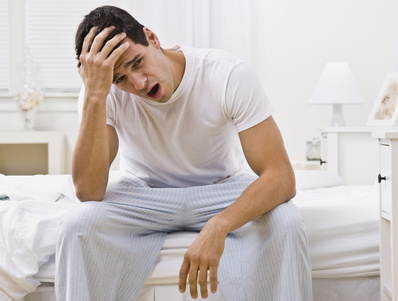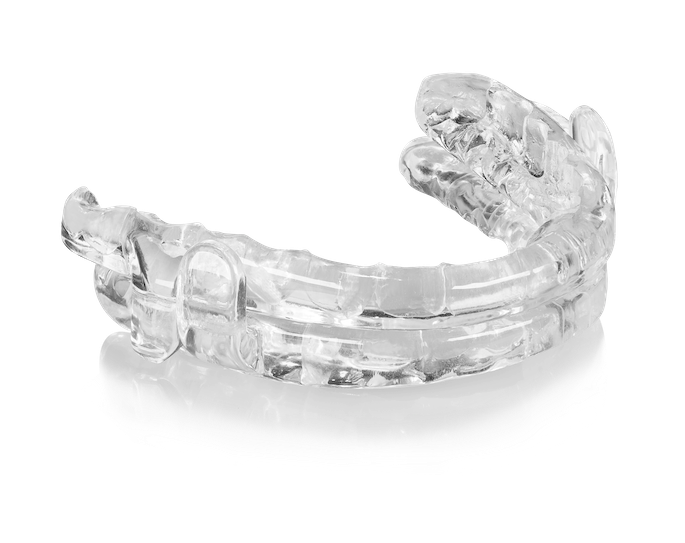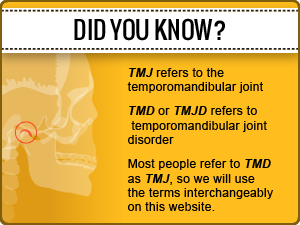Do I Have A Sleep Disorder?
Learn the signs belowA sleep disorder has to be taken seriously…
 If you find yourself constantly battling fatigue, feeling as if your sleep is disrupted on a nightly basis, or if your family complains about your snoring, you could have an underlying sleep disorder. There are several, common sleep issues that plague many individuals, robbing them of a good night’s rest and leaving them sleep-deprived.
If you find yourself constantly battling fatigue, feeling as if your sleep is disrupted on a nightly basis, or if your family complains about your snoring, you could have an underlying sleep disorder. There are several, common sleep issues that plague many individuals, robbing them of a good night’s rest and leaving them sleep-deprived.
When sleep doesn’t come easily or if you never seem to fall into that deep restful state, a more serious problem could be at the heart of the matter.
Your symptoms are your clue
Sleep disorders are a major problem in the United States. In fact, over 40 million Americans suffer from a some kind of chronic disorder that disrupts their sleeping patterns. Doubly disturbing is in many cases it goes undiagnosed.
To determine if you are one of the millions, it’s important to pay attention to your symptoms. The following are common symptoms for many people who struggle to get the required amount of quality sleep on a nightly basis:
- Snoring
- Gasping for breath in the middle of the night
- Always feeling tired, regardless of how much sleep you get
- Waking with a morning headache
- Bruxism and/or jaw pain
- Having a lack of energy
- Finding it difficult to maintain concentration
- Short term memory loss
- Unexplained weight gain
- Increased blood pressure
- Gatric reflux and related sinus issues
- Awakening multiple times during the night
If any of these symptoms apply to you, we recommend you seek help to pinpoint the source of your problem before you find yourself dealing with more serious health concerns.
Why treat your sleep disorder?
Everyone has a sleepless night on occasion. However, when it happens on a regular basis for an extended period of time, it can wreak havoc on your health. People with untreated sleep disorders are at a greater risk of developing:
- Diabetes
- Obesity
- Cardiovascular problems
- Depression
- Stroke
- Memory loss
- Cancer
- Premature aging and early onset age-related disorders
- Associated with earlier onset of Alzheimer’s and Dementia in patients at risk
In addition to these medical conditions, the sleep deprivation that comes with a sleep disorder can impact your safety, job performance, and relationships.
Which sleep disorder is plaguing you?
There are many types of disorders that hinder a person’s ability to sleep well.
Insomnia
There are two primary types of insomnia, sleep onset insomnia and maintenance insomnia
Onset Insomnia is a very common problem faced by Americans. People with onset insomnia have difficulty falling asleep. People with maintenance insomnia wake up and can’t get back to sleep. They are very different disorders and both can occur in the same individual. As a result, they don’t get adequate sleep or have poor-quality sleep leading to a multitude of medical problems.
- Acute insomnia (lasting a few days to a few weeks) is usually due to stress, family pressures or a traumatic event.
- Chronic insomnia (lasting a month or longer) is usually a symptom of an underlying problem or side effect of a medication.
- Maintenance insomnia is usual the result of another primary sleep disorder such as sleep apnea or restless legs.
Narcolepsy
Narcolepsy is another common disorder that involves sudden onset of sleep at any time. People who suffer from narcolepsy often have vivid dreams because they fall into REM sleep quickly and wake up from it suddenly.
Researchers suspect low levels of Hypocretin (hi-po-KREET-in), a brain chemical that helps keep you wakeful is the cause of narcolepsy. So far, what causes the low levels isn’t well understood.
While, currently there is no cure for narcolepsy, symptoms can be alleviated through medication and lifestyle changes.
Restless leg syndrome (RLS)
Restless leg syndrome involves a condition that causes a strong urge to move your legs. It occurs because of unpleasant feelings in your legs that are relieved when you move them. These feelings are described by suffers as:
- Creeping
- Crawling
- Pulling
- Itching
- Tingling
- Burning
- Aching
- Electric
Some people also feel this in their arms because these feeling tend to happen when you’re at rest they can keep you awake.
Periodic leg movements in sleep actually causes disturbed sleep frequently leading to awakenings and is most common in patients with RLS.
Upper airway resistance syndrome (UARS) may exacerbate or cause restless legs during sleep. Fibromyalgia can also occur from disturbed sleep caused by UARS as can other chronic pain disorders. There is a specific sleep marker for Fibromyalgia called Alpha Intrusion into Delta Sleep, this is awake brain waves during deep sleep and can be caused by numerous sleep disorders.
Treatment for restless leg syndrome usually involves lifestyle changes or medication. If it is caused airway obstruction it may disappear with treating of snoring or sleep apnea.
Sleep Apnea , UARS, RERAs and Snoring
Sleep apnea is another serious condition that impedes sleep. Many people who suffer from this condition are not even aware that they have a problem. This disorder usually stems from an obstruction of the airway at night that causes the victim to be jerked awake after the body stops breathing.
Frequently patients think they wake multiple time to urinate and are unaware of the far more serious underlying causes.
These episodes can happen hundreds of times during the night and last up to a minute in duration. It’s a serious condition that robs the body of essential oxygen and places a major burden on the heart. Snoring can be an indicator of sleep apnea.
Snoring can cause serious problems in the absence of apnea. Patients who snore have a 300% increase in Motor Vehicle Accidents and severe snoring can lead to atherosclerosis of the carotid arteries that supply blood to the brain.
Snoring, Upper Airway Resistance Syndrome, RERAs respiratory-related arousals hypopnea and apnea are variations in the severity of upper airway obstructions during sleep.
Sleep apnea can be treated with continuous positive airway pressure (CPAP), surgery or sleep orthotics that help keep the airways open.

Live the Better Life that comes with Better Sleep
In many cases, disorders involving your sleep can be addressed through lifestyle changes.
Eliminating stress, increasing exercise, and losing weight may get to the source of your sleepless nights. Meditation and massage may be helpful, as well as establishing a regular, sleep pattern. Prescription medication from your doctor can also help.
In the case of sleep apnea, a sleep airway orthotic fitted by a expert Sleep Apnea Dentist or Physiologic TMJ treatment can help realign your jaw to keep your airway from closing while you sleep. The DNA Appliance and Epigenetic Orthodontics may permanently correct your sleep disorder while improving your appearance and posture.
Whatever your sleep disorder, it’s important to pinpoint the cause and get the correct treatment. Without restful sleep, your health will suffer.


0 Comments